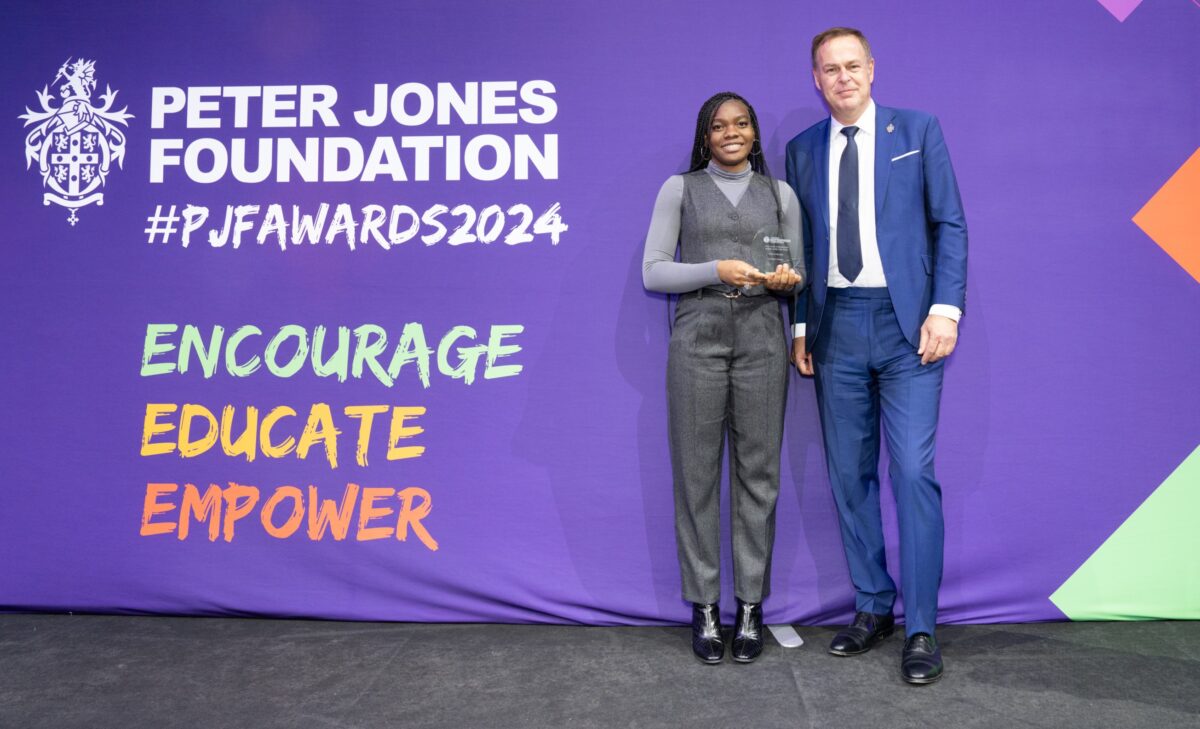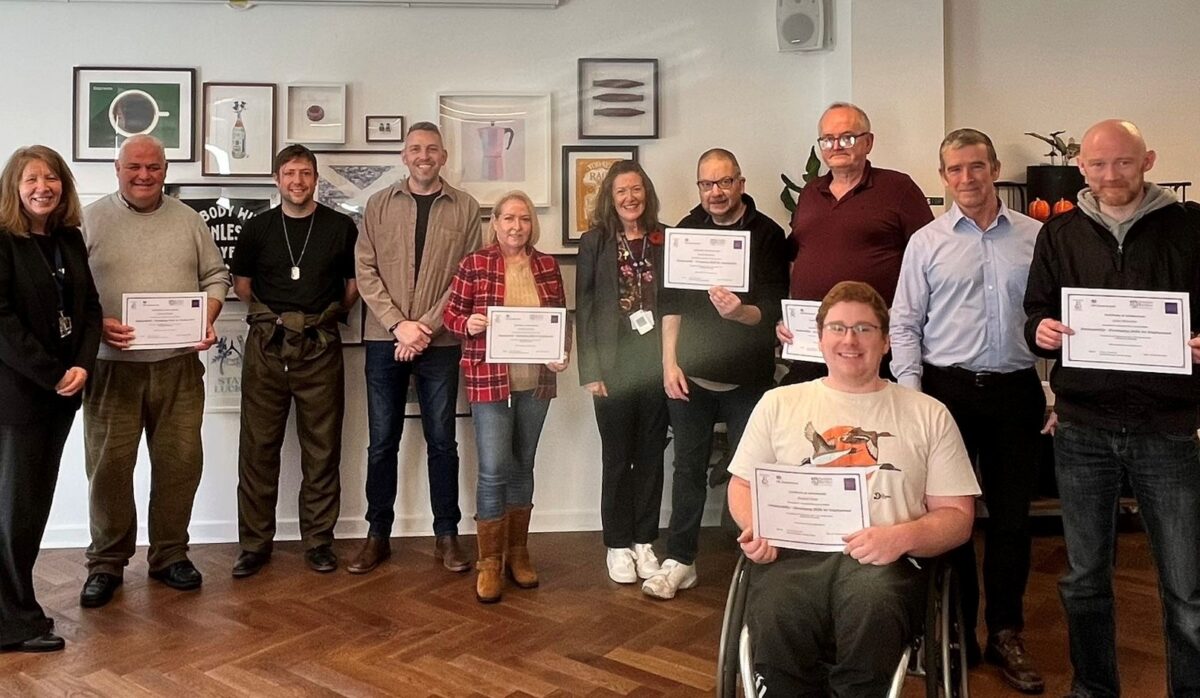How we can really deliver diversity when universal standards of professional practice are defined and recognised across the world

In this article Scott Parkin FIEP, Group CEO of the IEP explores the dynamic challenge of delivering diversity within universally defined professional standards, and navigates the complexities through strategies blending global standards, localised approaches, and cultural competence.
The Institute of Employability Professionals (IEP), at all times, emphasises the importance of the human element of employability practice but how can we harness political, cultural, economic and language differences to really deliver diversity?
Professional Training
Conduct regular training sessions for employability professionals that emphasise universally accepted best practices in job coaching and career development. These trainings could also incorporate modules on cultural sensitivity, communication skills, and understanding socio-economic contexts.
Localised Curriculum
Design a curriculum for each region or country that reflects the unique job market conditions, cultural nuances, and economic landscape. This would help in providing tailored advice to jobseekers.
Cultural Competency
Encourage employability professionals to gain a deep understanding of the cultural backgrounds of the jobseekers they serve. This could involve workshops, seminars, or immersion programmes.
Language Training
Equip professionals with language skills or provide them access to interpreters so that they can cater to diverse jobseekers. This is especially important in regions with multiple languages or in areas with significant immigrant populations.
Stakeholder Engagement
Engage with local employers, communities, and other stakeholders to understand the specific needs and challenges of the region. This allows the IEP to fine-tune its approach according to regional demands.
Collaborative Networks
Foster collaboration between employability professionals from different backgrounds. This can lead to an exchange of best practices, insights, and strategies that have worked in various cultural or economic contexts.
Feedback Mechanisms
Establish robust feedback mechanisms to gather insights from both jobseekers and professionals. This feedback can guide the IEP in refining its methods and ensuring that the strategies employed are effective across diverse settings.
Advocacy and Policy Engagement
Engage with policymakers to influence employability and job market-related policies. By understanding the political landscape, the IEP can advocate for policies that create conducive environments for jobseekers across different regions.
Technology Integration
Leverage technology to bridge gaps. For instance, digital platforms can offer translation features, virtual workshops on cultural sensitivity, or AI-driven insights on regional job market trends.
Research and Publications
Regularly publish research papers and insights on the evolving nature of employability across different cultural and economic contexts. This serves to educate and keep professionals up to date with the latest trends and best practices.
The combination of universal professional standards with localised strategies and cultural competence is vital for the success of employability professionals in diverse settings. By implementing such a holistic approach, the IEP can effectively cater to the unique needs of jobseekers and employability professionals across the globe.
By Scott Parkin FIEP, Group Chief Executive, Institute of Employability Professionals (IEP)











Responses